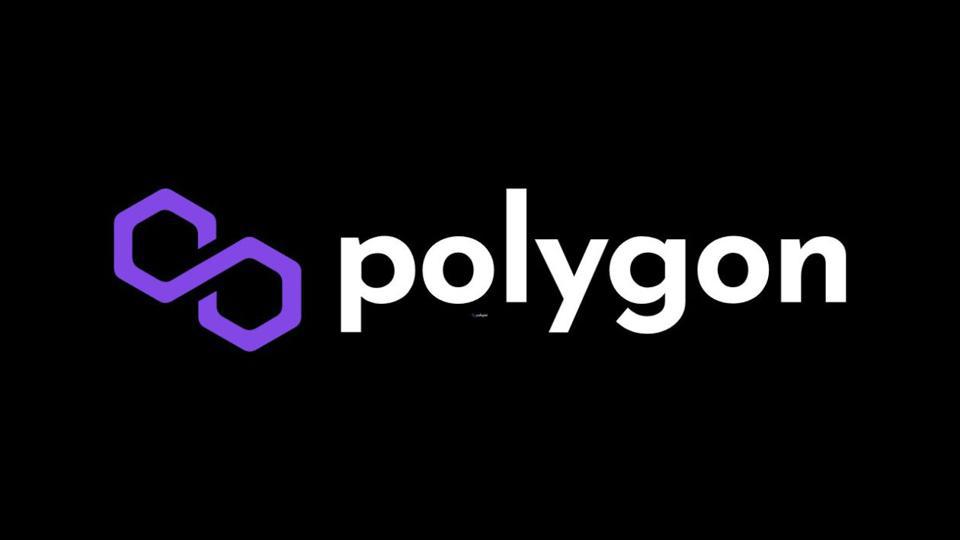ARTICLE AD BOX

- HyperOracle and Polygon CDK team up to create decentralized apps and stablecoins using zkOracle technology.
- MATIC token sees increased supply on exchanges and profit-taking by large investors, leading to a 14% price drop in a week.
HyperOracle, a pioneer in programmable Oracle solutions, is set to integrate its zkOracle protocol with Polygon CDK (Chain Development Kit). This strategic partnership aims to unlock innovation, bridging the gap between decentralized finance (DeFi) and cutting-edge technologies, including AI-powered decentralized applications (dApps).
As announced at #PolygonConnect, @HyperOracle is integrating with Polygon CDK, unlocking new possibilities by providing Polygon builders with unmatched computational powers. pic.twitter.com/sz0mcluDgL
— Polygon (Labs) (@0xPolygonLabs) December 18, 2023
The blockchain industry has seen a surge in activity due to HyperOracle’s zkOracle protocol, which provides flexible Oracle solutions, including verified computation, historical on-chain data access, and AI inference features. Developers may leverage the potential of zkOracle to facilitate the development of innovative decentralized applications (dApps) by ensuring trustless automation and integrating on-chain AI and machine learning (AI/ML).
Co-founder of HyperOracle, Kartin Wong, expressed the significance of this integration, stating;
Our integration with Polygon CDK represents a significant leap forward in what’s possible in DeFi. The integration of our zkOracle within the Polygon ecosystem will unlock dozens of new use cases, driving innovation and growth in the sector.
Polygon CDK: A Catalyst for zkOracle Integration
A key component of this partnership is Polygon CDK, which makes it easier to create and implement Zero-Knowledge Layer 2 (ZK L2) solutions on the Ethereum network. Numerous projects, including OKX, Astar, Canto, Gnosis Pay, Palm, and IDEX, have already expressed interest in and implementation of it. Polygon CDK notably lays the foundation for future interoperability between ZK-powered L2 chains within the Polygon CDK ecosystem.
Delphinus Labs’ computational proof generator zkWASM makes HyperOracle’s zkOracle unique in that it can do arbitrary computations. Enhancing security and efficiency, zkWASM enables developers to validate computations without having to repeat them. Supported by libraries and explorers, this Type-1 zkWASM is ready for production use and will be further improved in partnership with Polygon CDK by adding Plonky for increased effectiveness.
Polygon’s Dedication to Zero-Knowledge Technology
Since the start of the year, Polygon Labs has been actively concentrating on zero-knowledge (ZK) technology. They unveiled Polygon zkEVM in March, a zero-knowledge technology-enhanced Ethereum-compatible network. Notable organizations and projects, such as Flipkart, Immutable, OKX, Astar, Canto, Gnosis Pay, Palm Network, Aavegotchi, CapX, Wirex, IDEX, Nubank, GameSwift, Powerloom, and Manta Network, have confirmed their commitment to utilizing Polygon CDK, which acts as a framework for building new Layer-2 networks.
On-chain Metrics Signal MATIC Token’s Performance
Shifting gears from partnership news, it’s crucial to examine on-chain metrics, which are indicators of the performance of blockchain assets. MATIC, the native token of the Polygon network, has recently seen fluctuations in its on-chain metrics, potentially impacting its market performance.
According to the most recent statistics, the supply of MATIC tokens on exchanges has slightly increased, from 9.05% on December 1 to 9.18%. This price increase reflects increased market selling pressure and is consistent with a negative outlook for the Ethereum scaling token.
As of the latest data, the price of MATIC stands at $0.7908, reflecting a decline of over 14% in the past week and a 24-hour increase of 3%. With on-chain metrics leaning bearish, further price correction for the altcoin appears likely.
.png)
 1 year ago
13
1 year ago
13








 English (US)
English (US)